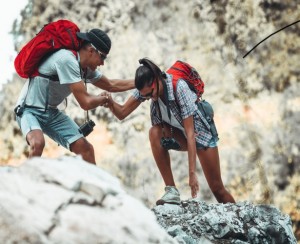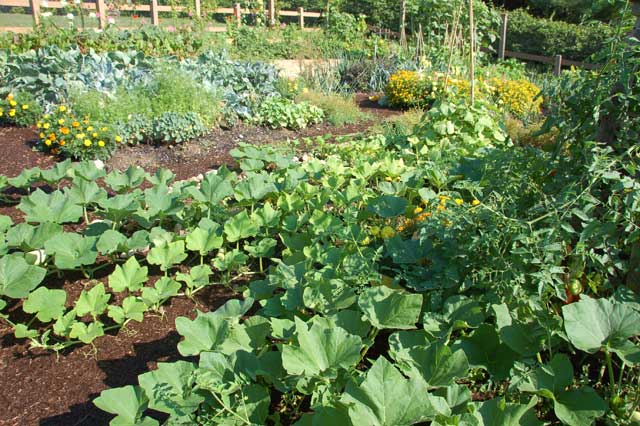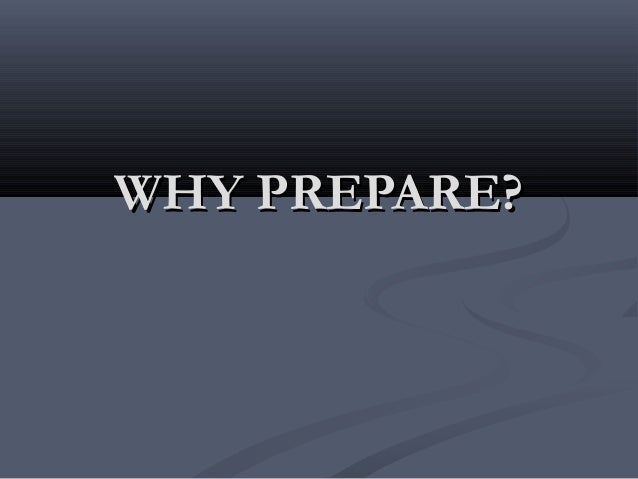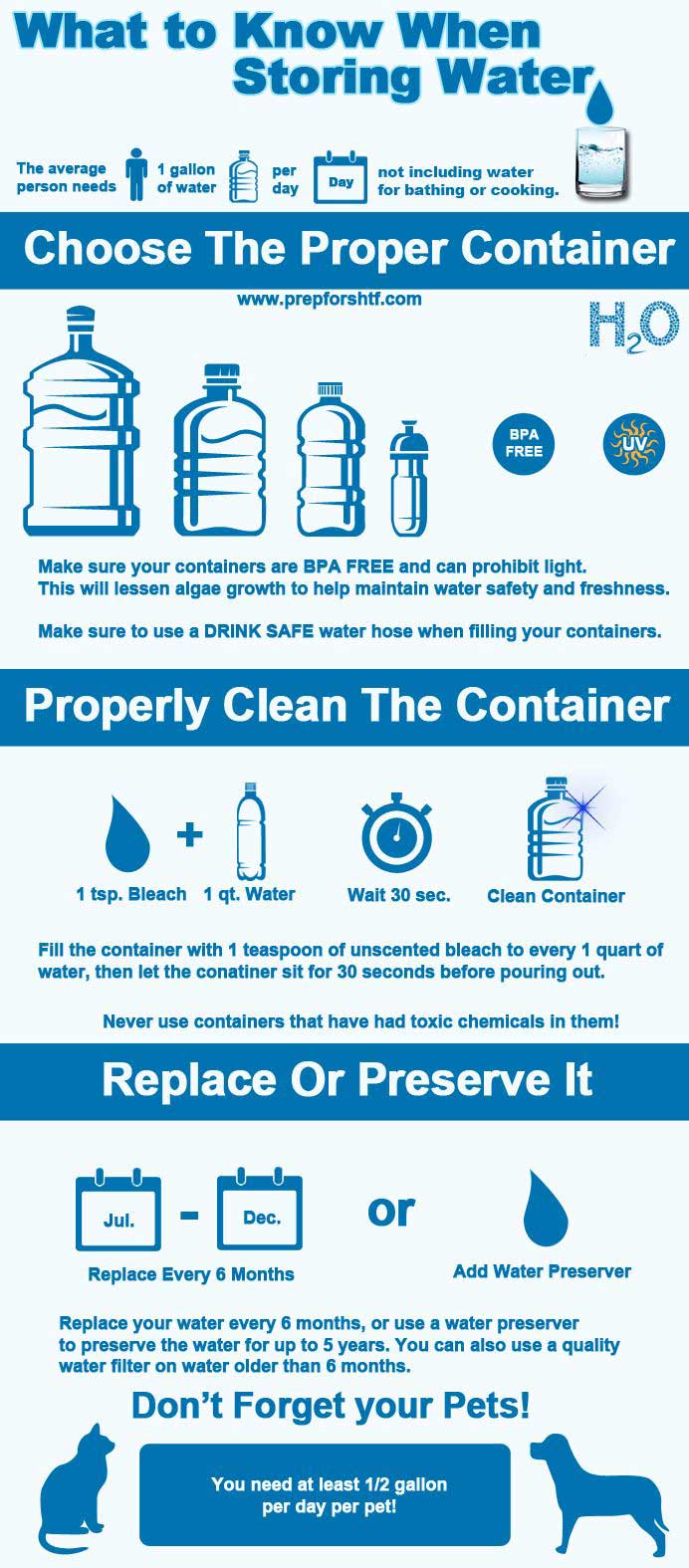It doesn’t matter how small the likelihood of a wildfire is for your area–when it hits, you want to be ready. So even if you think the chances of a wildfire in your area are moderate to low, know that it’s better to spend a bit of extra time now preparing yourself and your family than to be thrown into a state of panic should a wildfire ever hit.
- Keep Up with Regular Home Maintenance
There are a few chores you can do regularly to help lessen the effects of a wildfire on your home. Minimize the amount of debris around your property by cleaning the roof and gutters, raking away leaves and dead limbs, mowing your grass, and making sure your trees and shrubs are pruned regularly.
- Stay Informed
Educate yourself on the fire conditions in your area and stay in the know on breaking weather news. Watch the news regularly, check the weather online, or download a weather app for your phone. Turn on notifications for your weather app so you’ll know of any risk of a wildfire in an instant. Ask your child’s caretaker or school about their disaster plans so you can rest assured that your child will be in good hands if disaster ever strikes.
- Compile Your Emergency Supply Kit
Build your family’s emergency supply kit and include items like a compass, clean drinking water, nonperishable foods, a flashlight, a battery-powered radio, and copies of important documents.
It’s also wise to document all of your belongings and keep a copy of this list in your kit. This will come in handy for insurance claims or for receiving aid from charitable organizations. Include descriptions and photos of furniture, appliances, electronics, and other valuable belongings. Collect any relevant serial numbers or receipts.
- Create a Plan
In a time of crisis, clear communication can be the best tool in your toolkit. That’s why you should make it a priority to talk to your family about what you’ll do in case of a wildfire. Practice designated evacuation routes. Discuss what actions should be taken if a family member is separated from the group. Make sure children (and adults!) have necessary emergency numbers memorized.
- Know Where You Stand with Insurance
Fire damage can be a tricky topic when it comes to insurance coverage, so it’s better to know your plan’s limitations ahead of time. Insurance may not cover certain landscaping costs following a fire, or may only cover a certain percentage of damaged personal items. You may even want to increase your coverage depending on your area’s level of risk for wildfires. Check with your agent to see what your coverage entails.
It may sound like a bit of a hassle to prepare yourself and your family for a wildfire even when one may never hit, but don’t underestimate the power of having a plan of action during a moment of crisis. It’s better to make plans now and never have to use them than to come up short should disaster strike. Prepare now and you’ll be glad you kept your family’s safety in mind.
Bradley Davis is a retired firefighter and SoCal resident. He has seen is fair share of natural disasters and knows all too well the damage they can cause when people in their paths aren’t prepared. He created DisasterWeb.net to share his emergency preparedness knowledge and to offer the many emergency planning and natural disaster-related resources he has compiled from his online research. When he isn’t adding new information to his site, Bradley enjoys relaxing on the beach with his wife.







